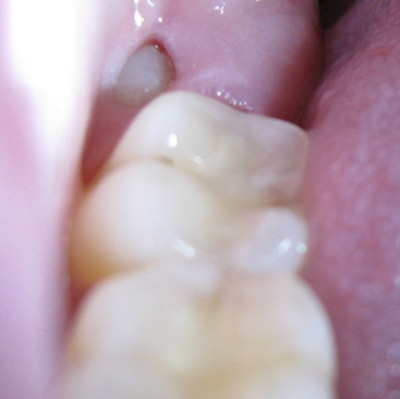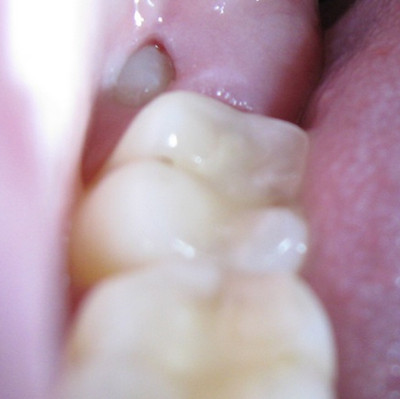Impacted Wisdom Tooth ExtractionAgrawal Dental & Oral Care

What is Wisdom Tooth
Wisdom teeth are the third molars. Normally people have three permanent molars that develop in each quadrant of the mouth; upper, lower, right and left. The first molars usually grow into the mouth at around six years of age. The second molars grow in at around age 12. The third molars usually will try to grow in at around age 17 to 21 years. Since that is considered to be the age when people become wiser, third molars gained the nickname, "wisdom teeth." Actually, they are no different than any other tooth except that they are the last teeth to erupt, or grow into the mouth. They are just as useful as any other tooth if they grow in properly, have a proper bite relationship and have healthy gum tissue around them. Unfortunately, this does not always happen
Impacted Wisdom Tooth
Since these are the last teeth to erupt in the oral cavity, often they don’t get enough room to emerge or grow normally. These teeth can result in pain damage to other teeth and other dental problems. In some cases, impacted wisdom teeth may cause no apparent or immediate problems. But because they're hard to clean, they may be more vulnerable to tooth decay and gum disease than other teeth are. Impacted wisdom teeth that cause pain or other dental complications are usually removed. Some dentists and oral surgeons also recommend removing impacted wisdom teeth that don't cause symptoms to prevent future problems.
Complications
Impacted wisdom teeth can cause several problems in the mouth:
-
Damage to other teeth.
If the wisdom tooth pushes against the second molar, it may damage the second molar or make it more vulnerable to infection. This pressure can also cause problems with crowding of the other teeth or orthodontic treatments to straighten other teeth.
-
Cysts.
The wisdom tooth grows in a sac within the jawbone. The sac can fill with fluid, forming a cyst that can damage the jawbone, teeth and nerves. Rarely, a tumor — usually a noncancerous tumor — develops. This complication may require removal of tissue and bone.
-
Decay.
Partially impacted wisdom teeth appear to be more vulnerable to tooth decay (caries) than other teeth. This probably occurs because wisdom teeth are harder to clean and because food and bacteria get easily trapped between the gum and a partially erupted tooth.
-
Gum disease.
The difficulty of cleaning impacted, partially erupted wisdom teeth also makes them a vulnerable site for the development of a painful, inflammatory gum condition called pericoronitis.
